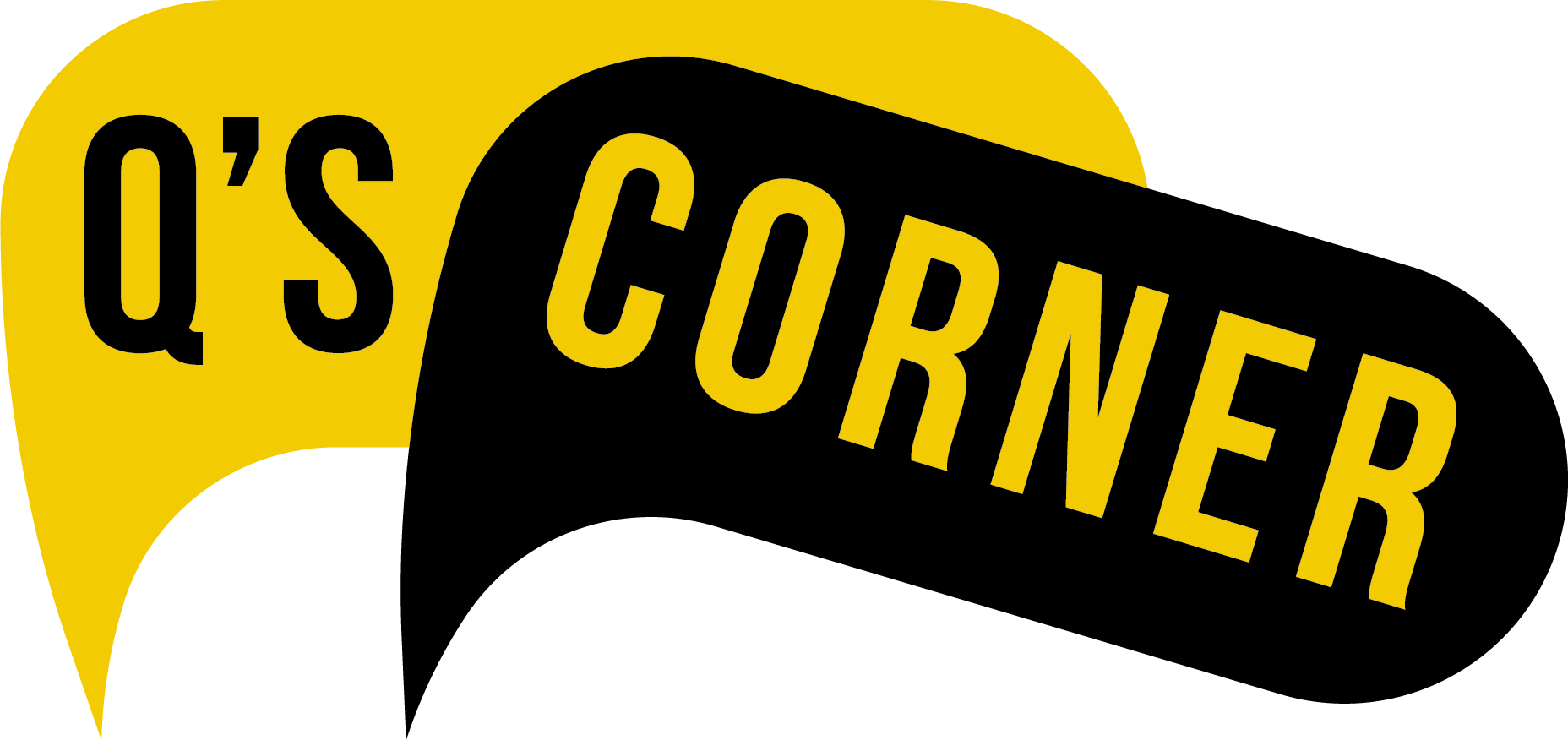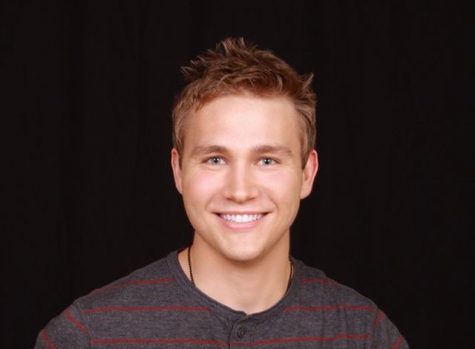Q’s Corner: Pabst Blue Ribbon sales
The Pabst Brewing Company reported that Boone Saloon had the fifth-highest sales for Pabst Blue Ribbon in the world, which some social media users considered a cause for celebration.
For the most part, this ranking is more an oddity or a quirk of Boone, but most don’t seem to recognize the danger it represents.
Sixty percent of college students surveyed drank in the last month, and almost two out of three of those students engaged in binge drinking, according to a 2014 survey performed by the Substance Abuse and Mental Health Services Administration.
Binge drinking can lead to alcohol poisoning, which causes an average of six deaths per day in the U.S., according to the Centers for Disease Control and Prevention.
Excessive alcohol consumption can have negative effects on college students, their families and the wider community. The National Institute on Alcohol Abuse and Alcoholism reported that around 1,800 college students die per year due to alcohol-related incidents and about 696,000 students per year are assaulted by another student who has been drinking.
One in four college students reported that binge drinking affects their academic performance. Overall, around 20 percent of college students meet the criteria for Alcohol Use Disorder.
The long-term risks of excessive alcohol consumption include high blood pressure, heart disease, liver failure, cancer, mental health problems and social problems, including family problems and unemployment, according to the CDC.
It isn’t an problem that Boone Saloon is the fifth-highest seller of PBR in the world, but it does raise red flags regarding the issue of alcohol consumption among college students.
Drinking alcohol, even PBR, is fine so long as it’s done legally and responsibly. As with all things, moderation is key.
We hope you appreciate this article! Before you move on, our student staff wanted to ask if you would consider supporting The Appalachian's award-winning journalism.
We receive funding from the university, which helps us to compensate our students for the work they do for The Appalachian. However, the bulk of our operational expenses — from printing and website hosting to training and entering our work into competitions — is dependent upon advertising revenue and donations. We cannot exist without the financial and educational support of our fellow departments on campus, our local and regional businesses, and donations of money and time from alumni, parents, subscribers and friends.
Our journalism is produced to serve the public interest, both on campus and within the community. From anywhere in the world, readers can access our paywall-free journalism, through our website, through our email newsletter, and through our social media channels. Our supporters help to keep us editorially independent, user-friendly, and accessible to everyone.
If you can, please consider supporting us with a financial gift from $10. We appreciate your consideration and support of student journalism at Appalachian State University. If you prefer to make a tax-deductible donation, or if you would prefer to make a recurring monthly gift, please give to The Appalachian Student News Fund through the university here: https://www.givecampus.com/campaigns/54088/donations/new?designation_id=faa93386&



skip • Feb 18, 2019 at 4:02 pm
Kudos on your article. It seems you were unintentionally or possibly intentionally throwing my business under the bus. How is “this ranking is more an oddity or a quirk of Boone”? It is clear that you have not done your homework. If you are going to discuss a business, you should do some research about the industry. And as the article relates to negative effects of drinking, you might want to check in to see what we do to curb the tendencies.
Speaking of which, I’ve read the brochure you quote. I’ve also read the source, “SAMHSA. 2014 National Survey on Drug Use and Health (NSDUH). Table 6.89B—Binge Alcohol Use in the Past Month among Persons Aged 18 to 22, by College Enrollment Status and Demographic Characteristics: Percentages, 2013 and 2014”. The facts are that binge drinking in the college student demographic are (in 2014) down from 39% to 37.9% . Certainly not ideal but definitely better than the numbers quoted. And quite honestly, that sentence, “Sixty percent of college students surveyed drank in the last month, and almost two out of three of those students engaged in binge drinking…” is pretty much plagiarism.
Chancellors and presidents of universities and colleges across the United States created the The Amethyst Initiative in 2008. According to their mission statement, “These higher education leaders have signed their names to a public statement that the problem of irresponsible drinking by young people continues despite the minimum legal drinking age of 21, and there is a culture of dangerous binge drinking on many campuses.” On many campuses.
Thanks for mentioning our achievement of creating a highly successful business in a small town.